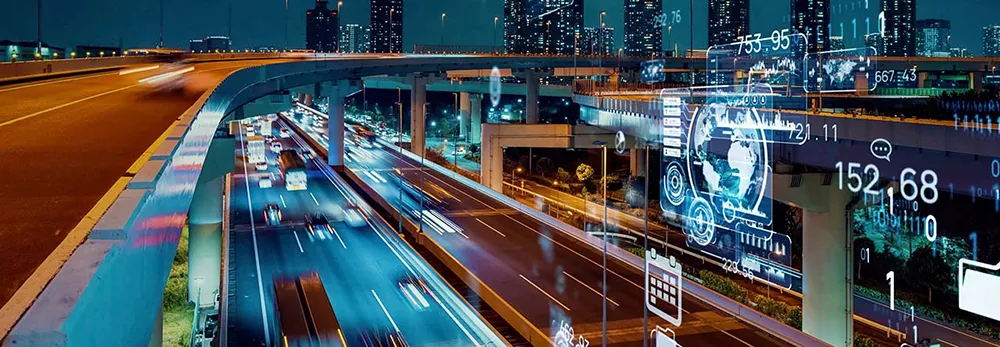DERSA, the national roads company in Brazil, has awarded HTS a contract for over 30 licence plate recognition (LPR) systems to be deployed on seven coastal ferry crossings in order to monitor vehicles as they pass in and out of the entry and exit gates. The company will supply the entire project turnkey which includes LPR cameras, security cameras, video analytics, electrical infrastructure, and communications.
June 19, 2012
Read time: 2 mins
Desenvolvimento Rodoviário S/A (DERSA), is a partially state owned-company, responsible for delivering the best solutions in transportation infrastructure and logistics, and contributing to the development of São Paulo and Brazil.
The government also mandated DERSA to take over the administration of the coastal crossings which transport large numbers of vehicles on ferries. In order to make the entire process both safer and more efficient, DERSA is upgrading its operational control centre which manages and controls all the vehicles on the ferry as well as those waiting in line to embark. This will include measurement of waiting times, count and classification of vehicles, communications and variable message boards to be deployed across the coastal crossings.










